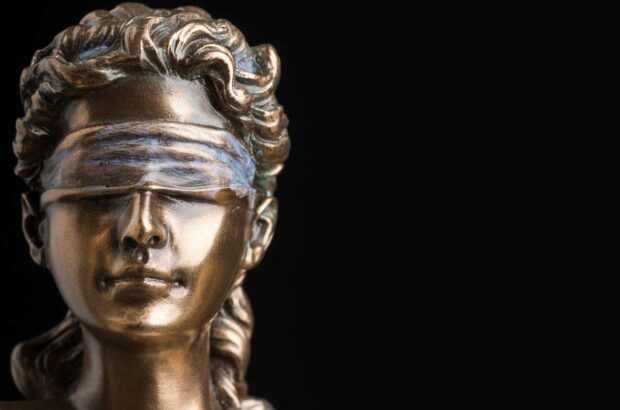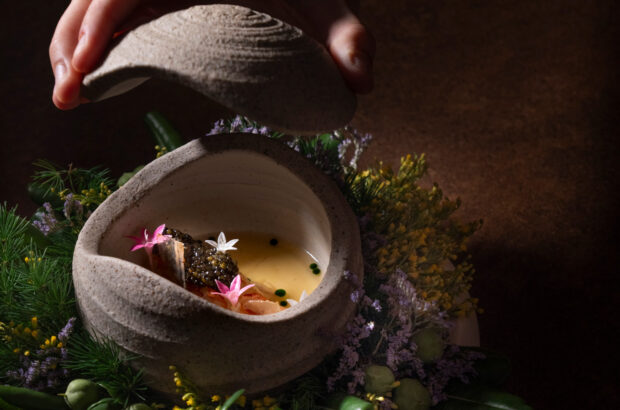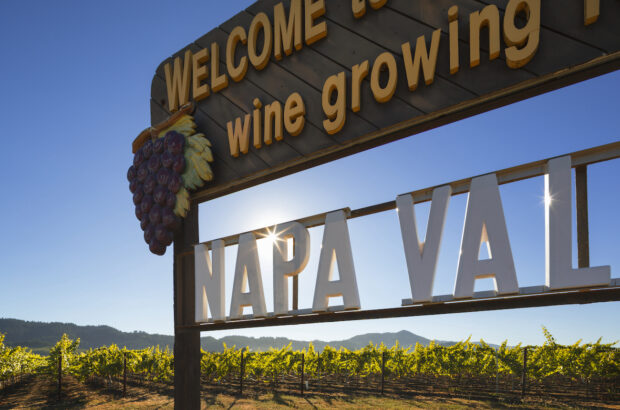Michel Chapoutier has spoken exclusively to Decanter.com about his frustration over the recent press reports claiming the winemaking map will be entirely redrawn by 2050.
‘I am not a global warming denier’: Michel Chapoutier
‘The scientific community in this study is holding the truth hostage,’ Chapoutier said. ‘I am in no way a global warming denier, and am shocked not by the study itself, but by its conclusions.’
Chapoutier, the Rhone winemaker renowned for his Hermitage and Crozes-Hermitage, and who also produces acclaimed Australian, Portugese and Alsace wines, specifically drew attention to the claims that winemaking will become difficult or impossible in the existing regions of France.
‘It may be true that you will be able to plant Syrah in Beaujolais, but that in no way means that the Rhone Valley will become impossible. The conclusions the study draws are exaggerated and full of mistakes – and clearly made by people who have no practical experience of winemaking’.
Vines are among the most resilient of plants, he said, pointing out that not only is the vine a southern Mediterranean plant in origin, but that both the Rhone and Bordeaux have made an expertise out of blending, which means flexibility for different vintage conditions.
‘Bordeaux may have trouble with Merlot in the future. But it already has Cabernet Sauvignon, Petit Verdot and Malbec as alternatives for the blend, which all withstand high temperatures better. Are the researchers saying that Cabernet Sauvignon is no good in Napa or in Australia, which regularly see temperatures that are suggested will be seen in Bordeaux in the future?
‘When the study says temperature may rise between 1 and 2 degrees, we have already had vintages where that happened. In 2003 or 2005 for example, when the majority of vines coped well.’
‘Old Europe is used to dry-farming, because we are typically not allowed to irrigate, so our roots go deep, up to 40 metres in some cases. This means our vines are already better protected than many in the New World, where regular irrigation is practiced. Too much irrigation leaves the vines vulnerable because their roots may reach only 1 or 1.5 metres deep.’
‘Scientific studies have a tendancy to look so closely under the microscope that they miss the big picture,’ he added.
‘We need studies that work out specific solutions, not scaremongering. We are already looking at adapting yeasts, adapting vineyard practices to ensure the health of our vineyards. There are solutions out there, but we need to have the intelligence to allow them, not write off entire regions.’
Written by Jane Anson in Bordeaux







